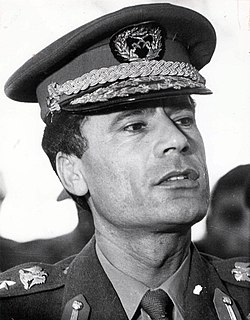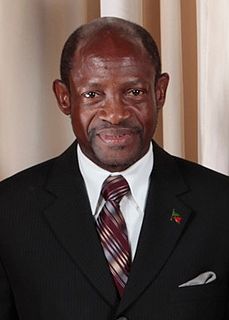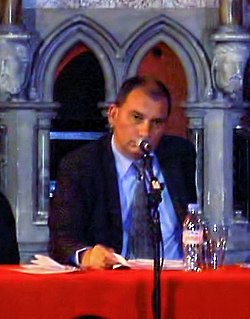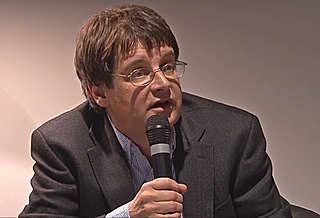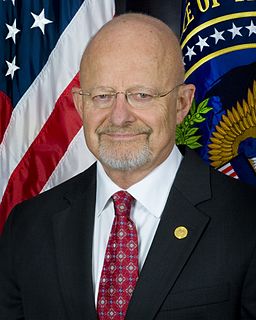A Quote by Gina Miller
An opposition that won't oppose paralyses our political and democratic system.
Quote Topics
Related Quotes
Famines are easy to prevent if there is a serious effort to do so, and a democratic government, facing elections and criticisms from opposition parties and independent newspapers, cannot help but make such an effort. Not surprisingly, while India continued to have famines under British rule right up to independence... they disappeared suddenly with the establishment of a multiparty democracy and... a free press and an active political opposition constitute the best early-warning system a country threaten by famines can have.
If you have reservations about the system and want to change it, the democratic argument goes, do so within the system: put yourself forward as a candidate for political office, subject yourself to the scrutiny and the vote of fellow citizens. Democracy does not allow for politics outside the democratic system. In this sense, democracy is totalitarian.
London is one of the world's centres of Arab journalism and political activism. The failure of left and right, the establishment and its opposition, to mount principled arguments against clerical reaction has had global ramifications. Ideas minted in Britain – the notion that it is bigoted to oppose bigotry; 'Islamophobic' to oppose clerics whose first desire is to oppress Muslims – swirl out through the press and the net to lands where they can do real harm.
Our only political party has two right wings, one called Republican, the other Democratic. But Henry Adams figured all that out back in the 1890s. "We have a single system," he wrote, and "in that system the only question is the price at which the proletariat is to be bought and sold, the bread and circuses."
To oppose the policies of a government does not mean you are against the country or the people that the government supposedly represents. Such opposition should be called what it really is: democracy, or democratic dissent, or having a critical perspective about what your leaders are doing. Either we have the right to democratic dissent and criticism of these policies or we all lie down and let the leader, the Fuhrer, do what is best, while we follow uncritically, and obey whatever he commands. That's just what the Germans did with Hitler, and look where it got them.
For me, it is clear that we are currently in a period of structural crisis of capitalism going back to the 1970s, but deepening in our time. Persistent economic stagnation together with neoliberal austerity has at this point seriously undermined the stability of the liberal-democratic state and thus the political command sector of the capitalist system. This has led to a dangerous resurgence of political movements in the fascist genus, representing an alternative way of managing the state of the capitalist system, opposed to liberal democracy.
An opposition is necessary and desirable for the healthy development of any country. You can scarcely find anyone in opposition, except for the communists, just like in Yeltsin's times. It is regrettable that there is still no constructive, clear and large-scale opposition in Russia. The growth and development of an opposition, as well as the maturing of other democratic institutions, will take more time and experience.
The Russians succeeded, I believe, beyond their wildest expectations. Their first objective in the election was to sow discontent, discord, and disruption in our political life, and they have succeeded to a fare-thee-well. They have accelerated, amplified the polarization and the divisiveness in this country and they've undermined our democratic system. They wanted to create doubt in the minds of the public about our government and about our system; and they succeeded to a fare-thee-well. They've been emboldened and they will continue to do this.
The public discourse on global warming has little in common with the standards of scientific discourse. Rather, it is part of political discourse where comments are made to secure the political base and frighten the opposition rather than to illuminate issues. In political discourse, information is to be 'spun' to reinforce pre-existing beliefs, and to discourage opposition.


